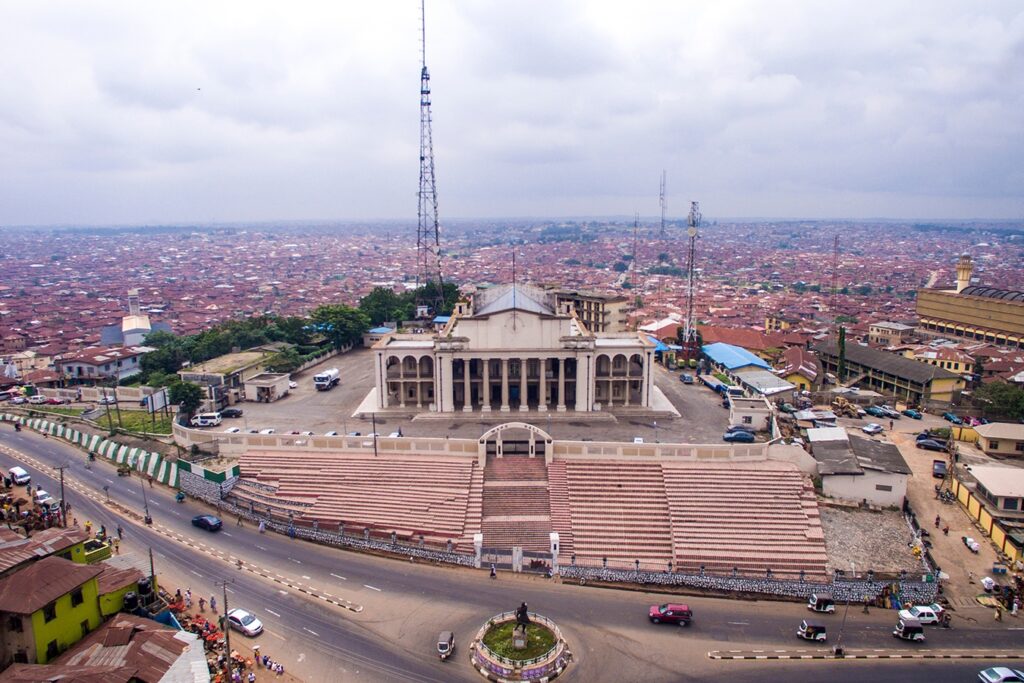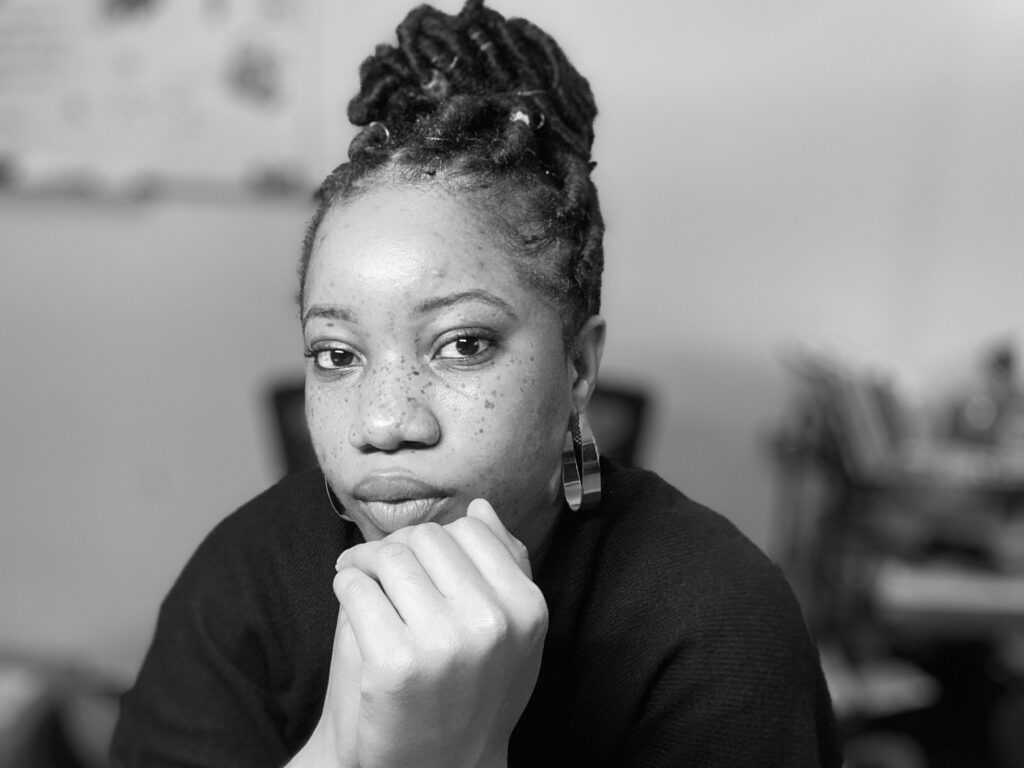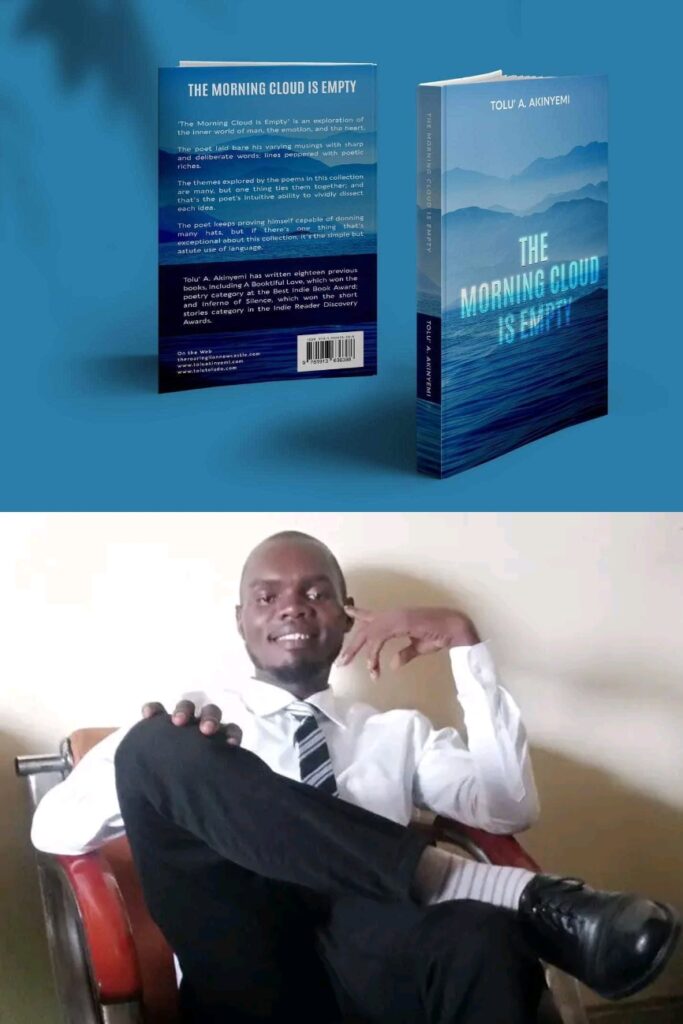Photo Credit: Schooldrillers.com
Ibadan: A City on the Brink, A Self in Becoming
Ibadan is a city that resists being fully known. It stretches wide, low and unhurried, its rusty rooftops spilling into the horizon like secrets only half-whispered. To the outsider, Ibadan is messy, stubborn and unfinished. To me, it is a mirror. Every time I walk through its streets, I see not only a city but also a version of myself reflected back, that fragmented, enduring and searching for coherence part of me I never seems to understand.
I arrived six years ago, carrying with me the uncertainty of my early twenties, unsure of what the years ahead would demand or reveal. I was not born into its chaos or molded by its childhood rhythms but it is the city where I grew into myself. And as I grown the city has taught me that beauty is not always about brightness but about texture and I have seen it in the way the market hums like a restless heartbeat, the way micra cars spit smoke into the air, how it drivers curse at each other, the way hawkers wearing heavy-make up balance the container of their agbo on their heads as if they were balancing destinies. In this disorder, there is a rhythm and it has quietly become the rhythm of my own life.
It was here, at the University of Ibadan, that I learned to wrestle not only with books but with myself. The long lectures, the heavy air of exam halls, the late-night walks back to the hostel, they all taught me endurance. And when I finally graduated earlier this year, I knew that Ibadan was stitched into every page of that degree.
But more than academics, Ibadan gave me a stage. It was here I stumbled into filmmaking, first as curiosity, then as calling. The red dust of its streets became my colour palette, the noise of its markets my soundtrack, the resilience of its people my guiding narrative. My first short film was born here. It was raw, imperfect, stitched together with the same rough edges the city wears so unashamedly. In its unpretentiousness, Ibadan gave me permission to begin even when it wasn’t perfect.
When I started making films, I realized Ibadan had already trained my eyes. The city is cinematic without even trying. The wide roads that open suddenly into chaos, the alleys where gossip travels faster than footsteps, the old brown roofs standing like elders who refuse to leave the gathering, all of these are frames. I carry them into my storytelling not because I want to romanticize them but because they are my inheritance. Proof that the ordinary can hold the profound.
Ibadan is also a reminder of delay. It is a city that feels like it is always on the brink of becoming but never quite there. Something about its patience both consoles me and unsettles me. I sometimes fear I carry the same hesitance inside me, this slow-burning ambition that does not roar but simmers. I wonder if Ibadan has taught me endurance or if it has made me too comfortable with waiting.
It is a also a city of contradictions. It is vast and slow, sprawling yet intimate. There are days when I walk through Bodija market and feel overwhelmed by its disorder, its noise pressing in on me like a second skin. Yet in that same disorder, I see a strange kind of wisdom, survival as negotiation, existence as bargaining. I often think that the marketplace is the city’s deepest metaphor and perhaps my own.
And just like you would imagine, there are days when I want to escape, to find somewhere faster, sharper, more thrilling. And yet, even when I leave, Ibadan follows me. Its red dust clings to my shoes, its voices echo in my ears. The city does not let go. Perhaps because it knows I am made in its likeness –imperfect but enduring, overlooked yet stubbornly alive.
For all my doubts, Ibadan has held me in a way few places ever could. It has been a city of beginnings, my academic beginning, my artistic beginning, my adult beginning. In its cracked pavements and rusted rooftops, I see my own growing pains, my unfinished dreams and my quiet resilience.
Ibadan did not raise me as a child but it raised me into adulthood. It witnessed the clumsy start of my twenties and now holds the weight of my late twenties. It has taught me that the city that makes you is not always the one you were born in but the one that holds you during your becoming.
And as such, the city holds me and in its holding, it asks me to look at myself, my delays, my grits, my quiet endurance, my fears and my unpolished dreams. And though I sometimes wish I belonged to a city louder, more dazzling but I know this mirror was always meant for me. Because in the end, I do not just live in Ibadan. Ibadan lives in me.
Micra – A small Nissan car, widely used as taxis in Ibadan, easily recognized by their yellow and wine colour scheme.
Agbo – Herbal concoction or medicine, usually a mixture of herbs used for healing or boosting health.
Bodija market – A popular market in Ibadan.
Contributor’s Bio
Adewale S. Adekunle (Light) is an independent filmmaker, screenwriter and entertainment academic researcher based in Ibadan, Nigeria. Their work explores the interplay between human experience and the spaces we inhabit, capturing the textures of everyday life, the subtle rhythms of city streets and the quiet revelations that shape personal identity. Beyond filmmaking and writing, they are deeply invested in the local creative scene, focusing on stories rooted in Ibadan’s culture and urban life.
Their essays and stories have been published in Kalahari Review, Truth Inc., and elsewhere and they were the first runner-up in the inaugural Oba Abimbola Memorial Essay Contest. Their debut short film, ILLUSION, was screened at the Enugu Photo Festival, Fadaka Fest, and the Ibadan Indie Films Award (Open Mic).



